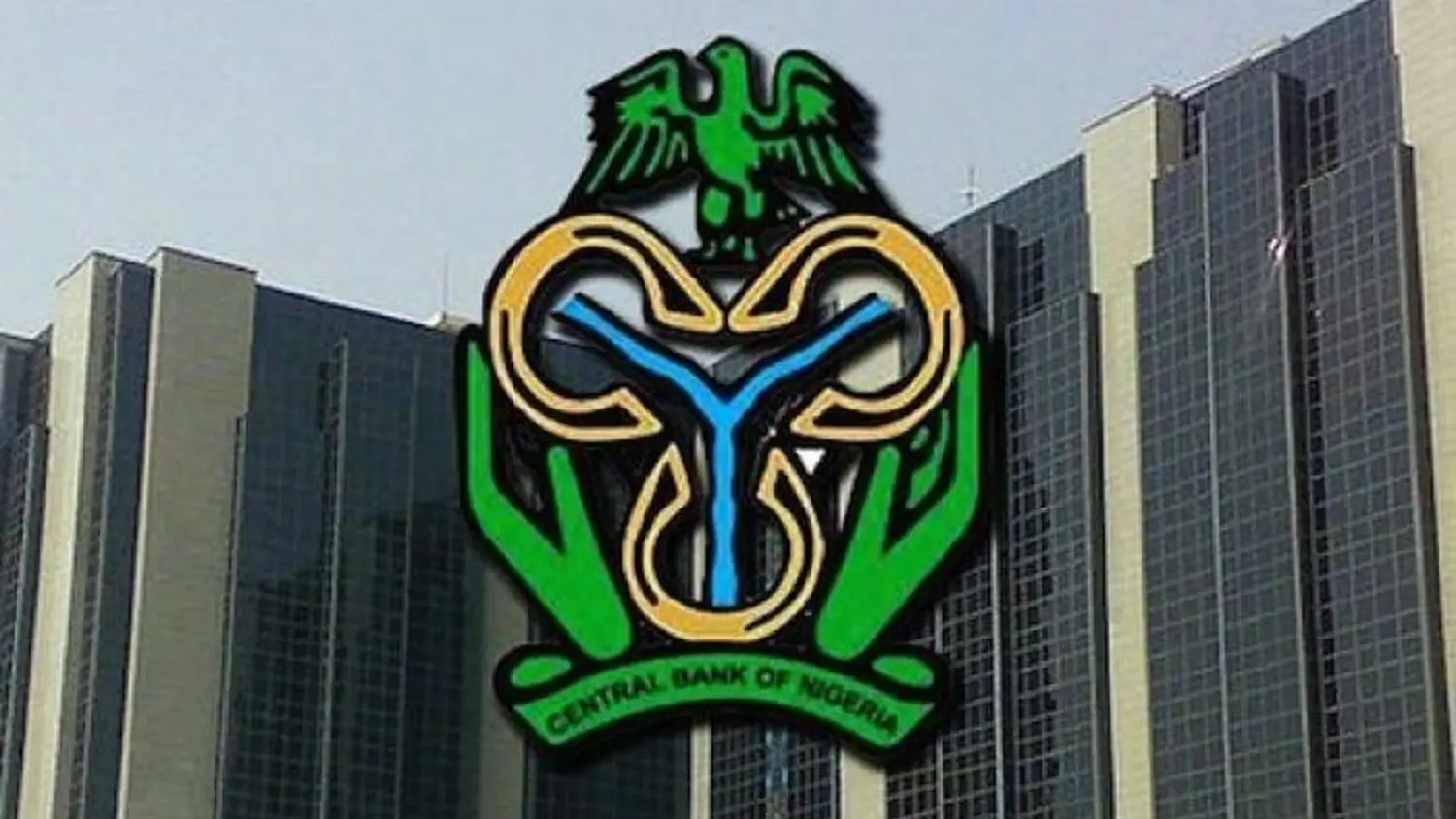
JUST IN: CBN INSISTS ON 5% WAYS AND MEANS CAP
For the 2024–2025 fiscal years, the Central Bank of Nigeria (CBN) has decided to keep the cap on Ways and Means Advances to the Federal Government at five percent.
This ruling directly contradicts the National Assembly’s recent amendment, which aimed to raise the borrowing cap from five percent to ten percent.
The Monetary, Credit, Foreign Trade, and Exchange Policy Guidelines for 2024–2025, which were released by the top bank on Tuesday, included this information and provided insight into the bank’s budgetary policies in the face of escalating economic challenges.
Ways and Means Advances are short-term loans that the Federal Government receives from the CBN in order to close budget imbalances.
The Federal Government may borrow as much as five percent of the real revenue received in the preceding year under this program.
The CBN emphasised that repayment of these advances must occur within the fiscal year in which they are given, with the goal of liquidating the debt “as soon as possible.”
This action demonstrates the apex bank’s goal to balance the government’s financial demands while avoiding long-term debt accumulation.
The CBN’s decision shows its cautious attitude towards rising budget deficits and guaranteeing tougher financial discipline, in contrast to the National Assembly’s proposal for a 10 percent borrowing cap.
Despite legislative clearance for increased borrowing, some think the CBN’s cautious approach may be a symptom of its concerns about inflationary pressures and the nation’s mounting debt.
Additionally, the policy reaffirmed the Treasury Single Account’s (TSA) ongoing functioning as a crucial instrument for public financial management reform.
The government can more efficiently manage its cash position thanks to the TSA’s consolidation of all federal government accounts into a single system connected to the Consolidated Revenue Fund (CRF).
Ways and Means Advances for the fiscal years 2024–2025 will be calculated after taking into consideration the TSA framework’s sub-accounts for the various Ministries, Departments, and Agencies (MDAs).
The CBN, in collaboration with the Office of the Accountant General of the Federation (OAGF), aims to improve TSA operations, ensuring efficient liquidity management and minimizing financial leakages across government departments.
Interest rates in the upcoming fiscal years will continue to be influenced by market conditions, with the CBN adjusting its Monetary Policy Rate (MPR) as necessary.
The guidelines stipulate that banks will offer negotiated interest rates on current and savings account deposits. For special-purpose deposits held as collateral, the interest rate will be no less than 30% of the MPR for naira-denominated deposits, ensuring that depositors receive a competitive return on their funds.
Furthermore, the CBN’s guidelines extend flexibility to foreign currency-denominated deposits, with interest rates being negotiable between banks and customers.
This structure reflects the CBN’s broader efforts to ensure alignment between market dynamics and the regulatory framework governing the financial system.
